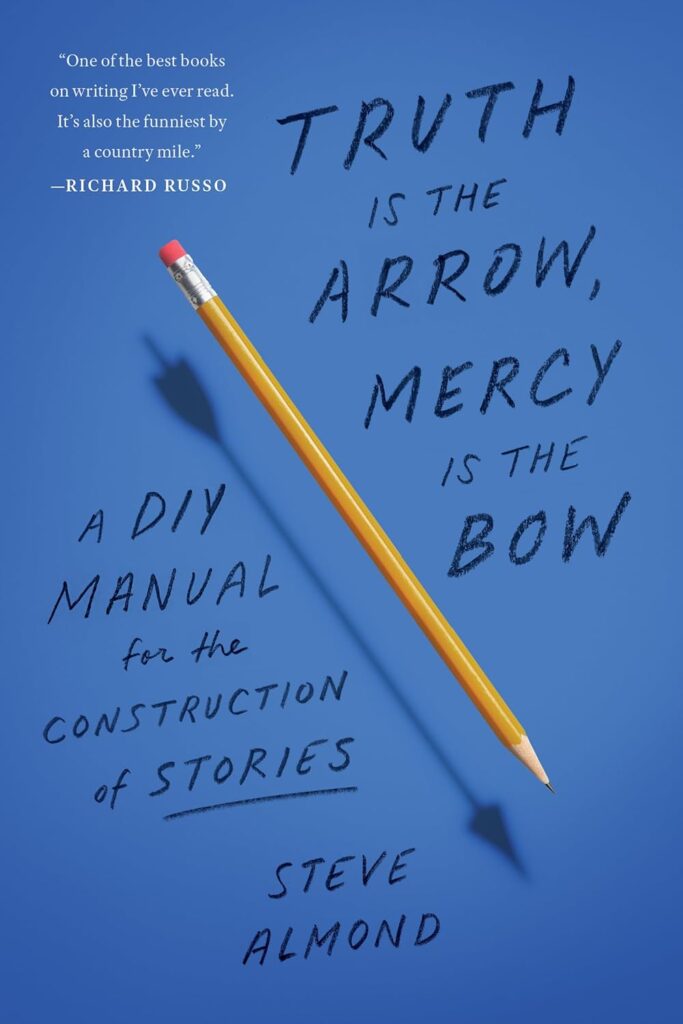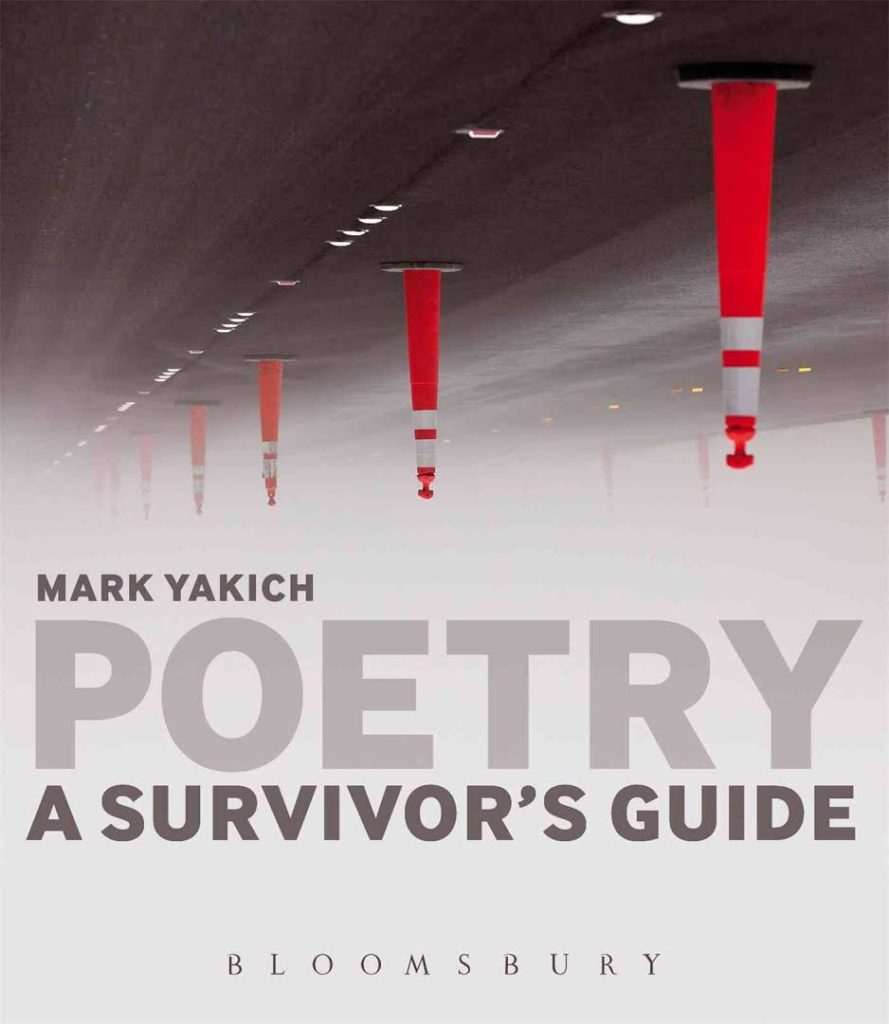

We at Superstition Review are excited to celebrate Steve Almond’s new movie and forthcoming craft book! Which Brings Me to You (2023) is available to stream now, and his book Truth Is the Arrow, Mercy Is the Bow: A DIY Manual for the Construction of Stories will be published with Zando on April 9th. It is available for preorder now on bookshop.com or Amazon.
Read our interview of Steve Almond for Issue 2 of s[r] here, where he talks about using candy as an anti-depressant and the process of writing the novel Which Brings Me to You with a co-author, Julianna Baggott.
In Truth Is the Arrow, Mercy Is the Bow, Steve Almond employs the radical empathy he displayed as co-host (with Cheryl Strayed) of the podcast Dear Sugars to explore the joys and trials of storytelling, and to explode the myths that hold us back from writing our deepest and truest work. The book includes chapters on plot, character, and chronology, but travels far beyond the earnest intentions of most craft books. It includes essays on humor, sex, writer’s block, and the dividends of failure, as well as prompts to generate new work and a rollicking Frequently Asked Questions section. You’ll never think about writing the same way again.
The long-awaited craft book has received glowing praise:
“Hilarious, heartfelt, and hopeful.”
– STAR TRIBUNE
“Truth Is the Arrow, Mercy Is the Bow is a hilarious book that will kick your writing to the next level. I salivated over it and underlined like a madwoman.”
– MARIA SEMPLE, AUTHOR OF WHERE’D YOU GO, BERNADETTE
Which Brings Me to You is a romantic comedy based on Almond and Baggott’s novel. Watch the trailer below!
Steve Almond is the author of eleven books of fiction and nonfiction, including the New York Times bestsellers Candyfreak and Against Football. His essays and reviews have been published in venues ranging from the New York Times Magazine to Ploughshares to Poets & Writers, and his short fiction has appeared in Best American Short Stories, The Pushcart Prize, Best American Mysteries, and Best American Erotica. Almond is the recipient of grants from the Massachusetts Cultural Council and the National Endowment for the Arts. He cohosted the Dear Sugars podcast with his pal Cheryl Strayed for four years, and teaches Creative Writing at the Neiman Fellowship at Harvard and Wesleyan. He lives in Arlington, Massachusetts, with his family and his anxiety. You can find out more about Steve on his website.
